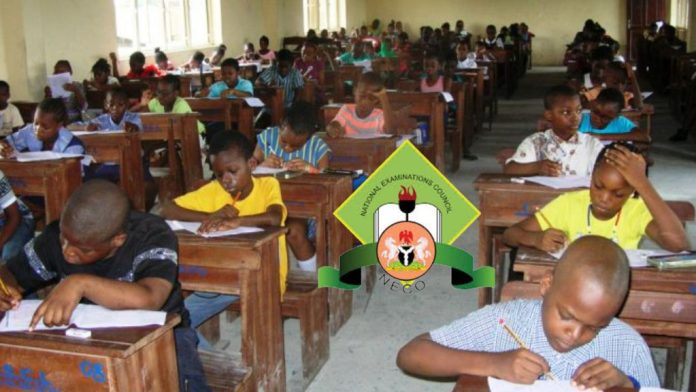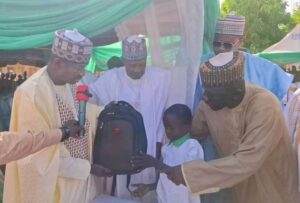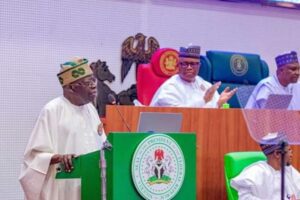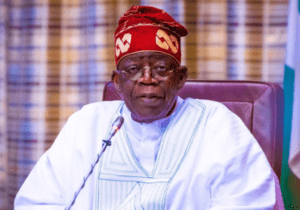

Over 70,000 Candidates Write 2024 Common Entrance Examination Nationwide
A total of 70,608 candidates on Saturday, sat for this year’s National Common Entrance Examination (NCEE) across the country.
The number of registered candidates fell below that of 2023, which recorded over 72,000 candidates who registered and participated in the exercise.
The Registrar and Chief Executive of the National Examinations Council, (NECO), Prof. Ibrahim Dantani Wushishi, disclosed this on Saturday, when he led the Permanent Secretary, Federal Ministry of Education, Mrs. Didi Esther Walson-Jack, the Chairman, Senate Committee on Basic and Secondary Education, Senator Lawal Adamu Usman and other top officials of both the ministry and NECO to monitor the examination in some centres in the Federal Capital Territory, Abuja.
Wushishi also said unlike previous years, the issue of underaged pupils which had characterised the exercise was addressed in the 2024 registration.
“In this year’s National Common Entrance Examination, we have 33,335 males who registered and 37,000 plus females.
“We have also the total of 70,608 candidates that registered, which is below last year. Last year was 72,000 plus. So, you find out that for the male and female, last year’s registration was higher than this year’s registration,” he said.
The NECO boss attributed the low registration on the nation’s economy and other factors he didn’t mention, saying many families, especially in the rural areas were going through a lot to survive.
He, however, admitted that there was an increment in this year’s registration fee which could have contributed to the low turnout in registration.
“This is actually due to so many factors. Economic factor is actually the most prevalent factor that may hinder this large registration.
There was a slight increase in registration fee but we all know what is happening in the economy and that is affecting everybody. The bulk of the population is in the rural areas and in some states, they don’t sponsor candidates at this level. It is the parents that sponsor candidates, sometimes, politicians and sometimes, traditional rulers. You can see why the economic factor is the most prevalent factor,” he said.
Speaking on the issue of underage registration that had previously characterised the registration, Wushishi said: ”We did promise during last year’s Common Entrance Examination that we would address the issue of underaged candidates registering to write out examination and we have addressed that.
“Some of the children that you saw looking like underage here are not really underaged. Some of them have just one month to complete 10 years, so in such cases, you excuse them because it is already the period of Common Entrance. Once they missed it, it would be next year. This is only what we experienced. Apart from that, we don’t have any other issue to do with underaged sitting for this examination this year.”
Speaking, the Permanent Secretary, Federal Ministry of Education, Mrs. Didi Walson-Jack, who gave a general assessment of the conduct of the exercise, expressed satisfaction with what NECO has put in place to ensure a smooth and seamless exercise.
Walson-Jack disclosed that there were 55 centres writing the NCE in the FCT, stating that everything went on smoothly and students were placed in conducive examination halls to sit for the exercise.
Also speaking, the Chairman Senate Committee on Education, Basic and Secondary, Sen. Lawal Adamu, disclosed he rolled out NECO and JAMB sponsorship in his constituency and contributed over N250 million for parents to be able to pay for NECO and JAMB examinations.
Adamu, who also called on National Assembly members to provide an educational foundation for every child in their constituencies, lauded NECO for the smooth conduct of the exercise.
Data released by the council showed that Lagos came top with the highest number of candidates, totalling 17,751, while FCT came second with 10,209 candidates and Anambra in third place with 4,972 candidates.
Bayelsa, Borno and Gombe had the least number of candidates participating in the exercise, after registering only 133, 138 and 174 candidates respectively.




